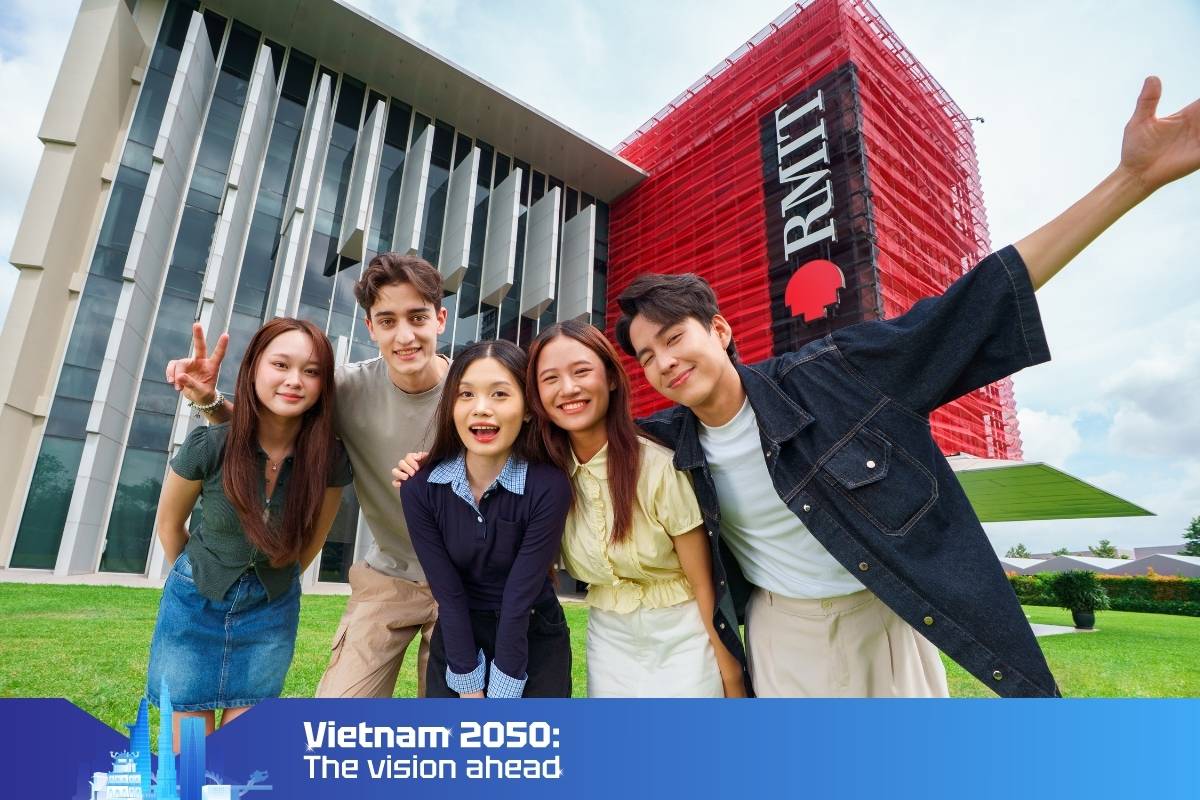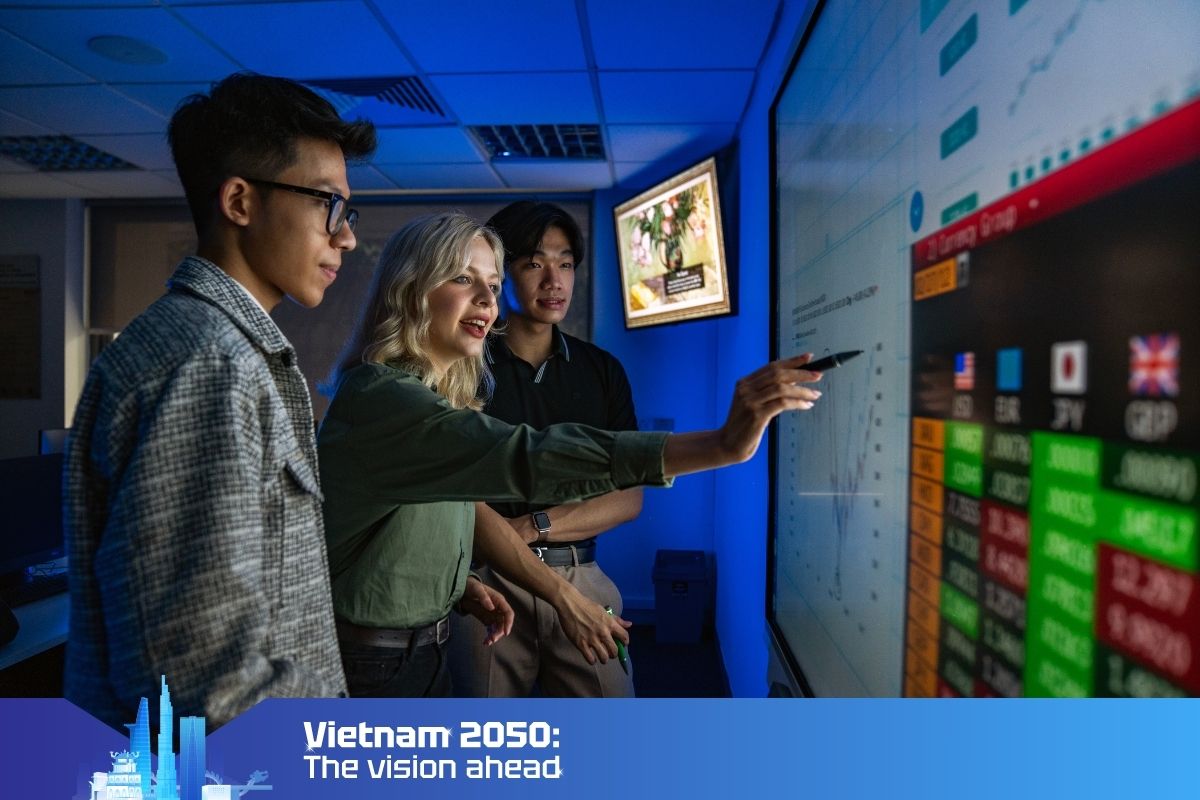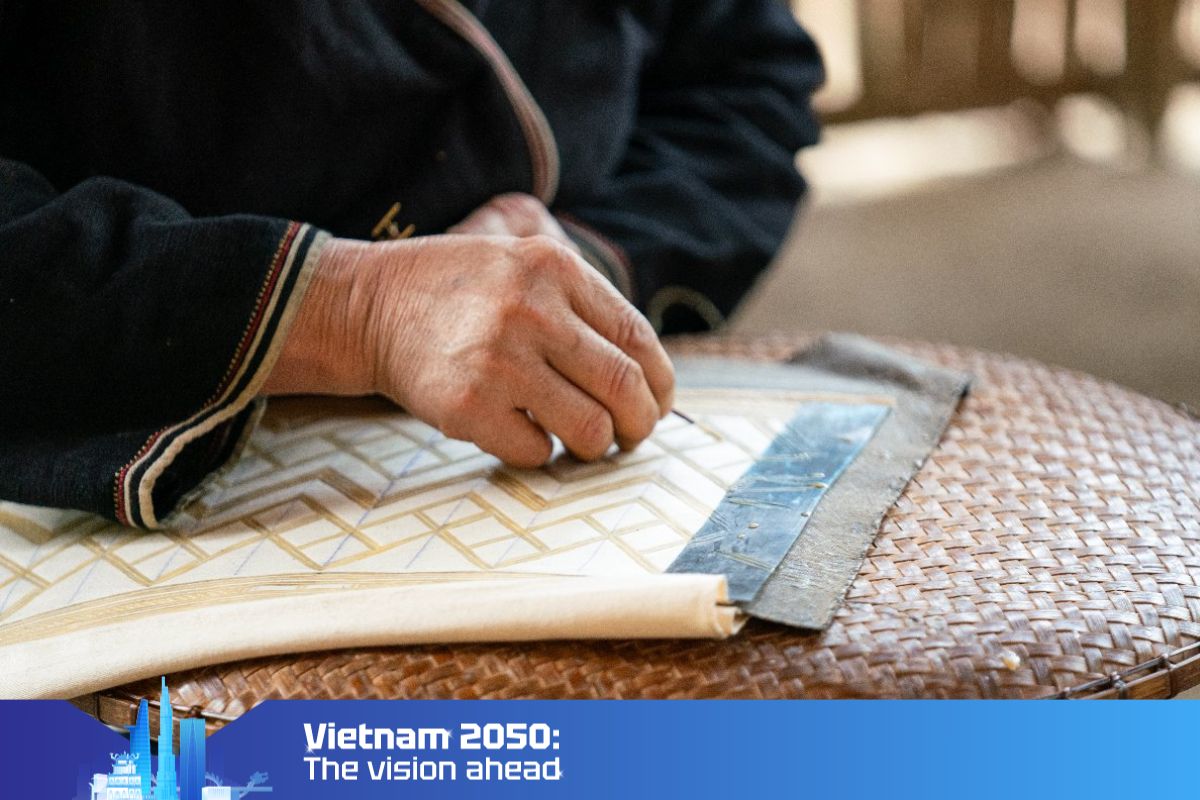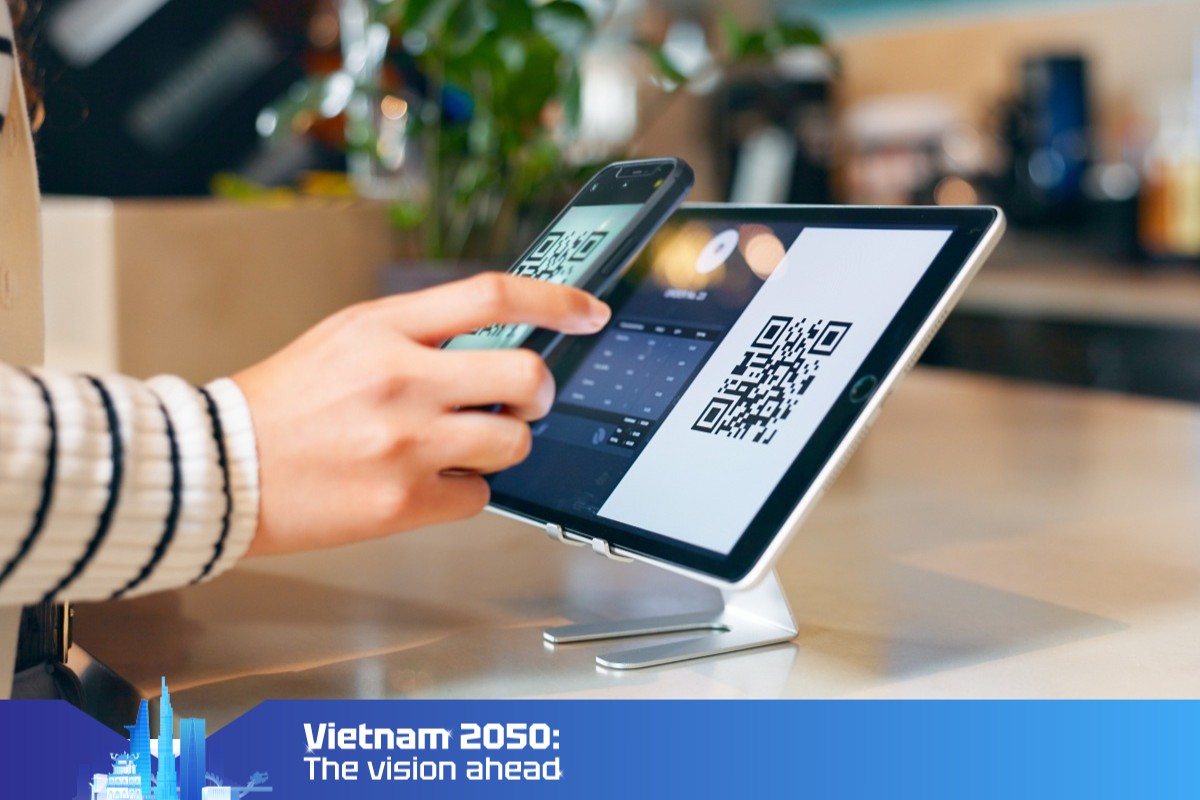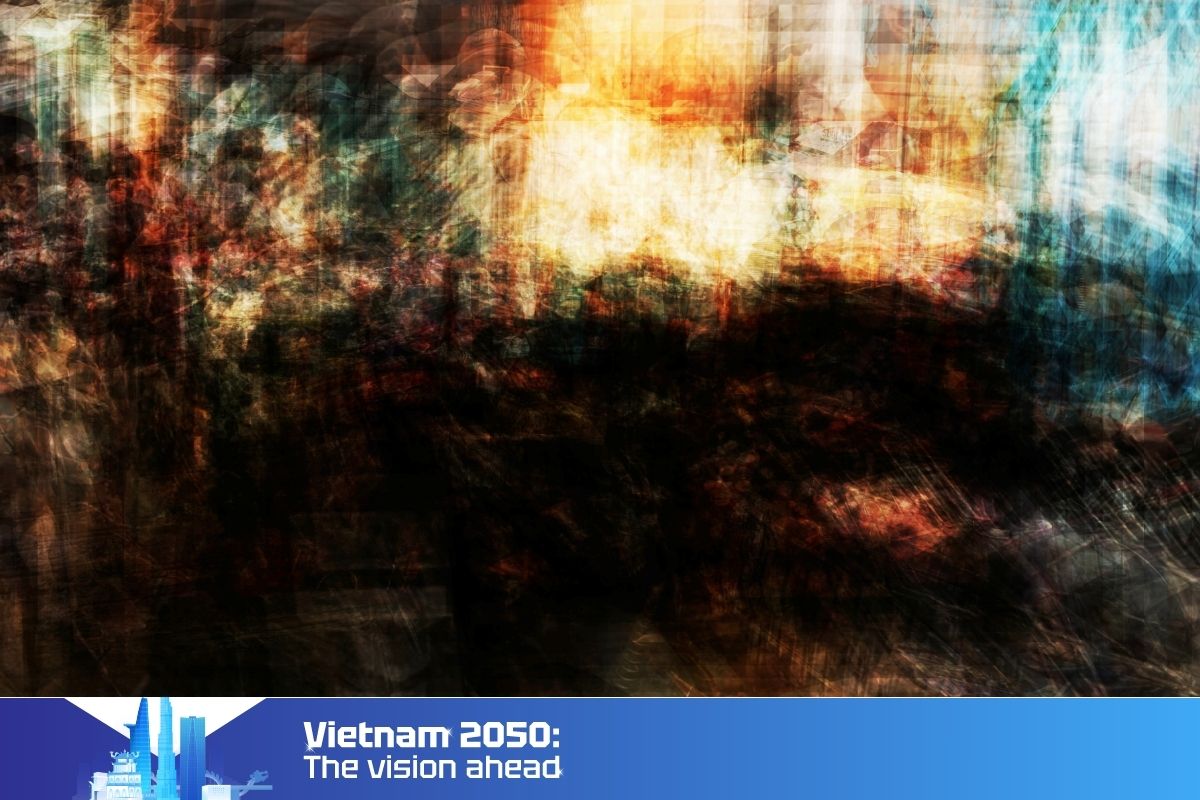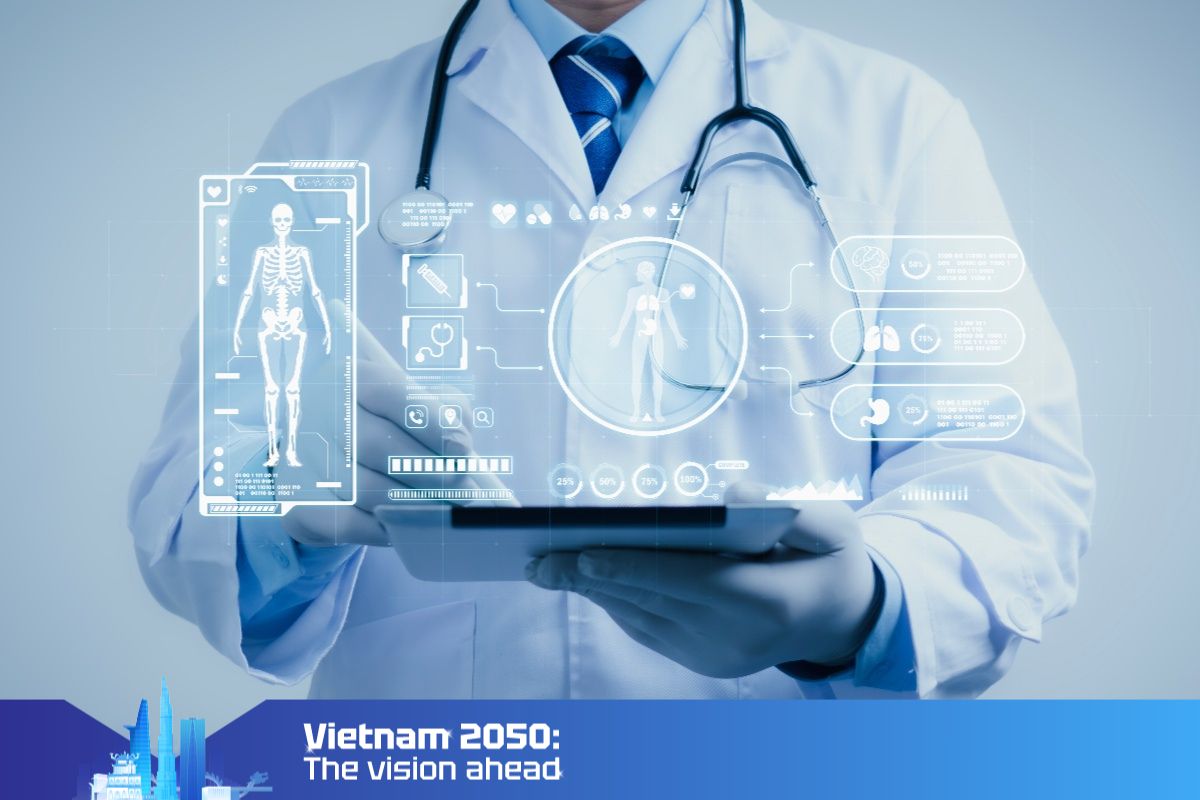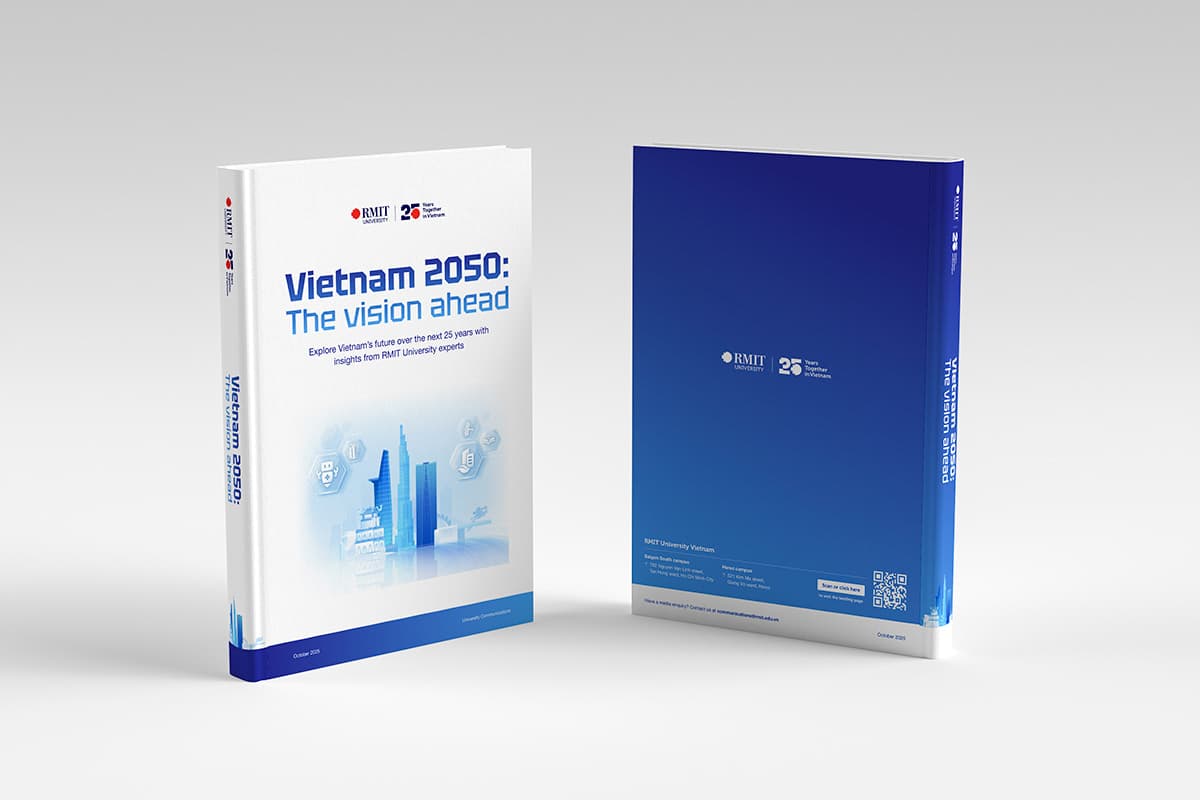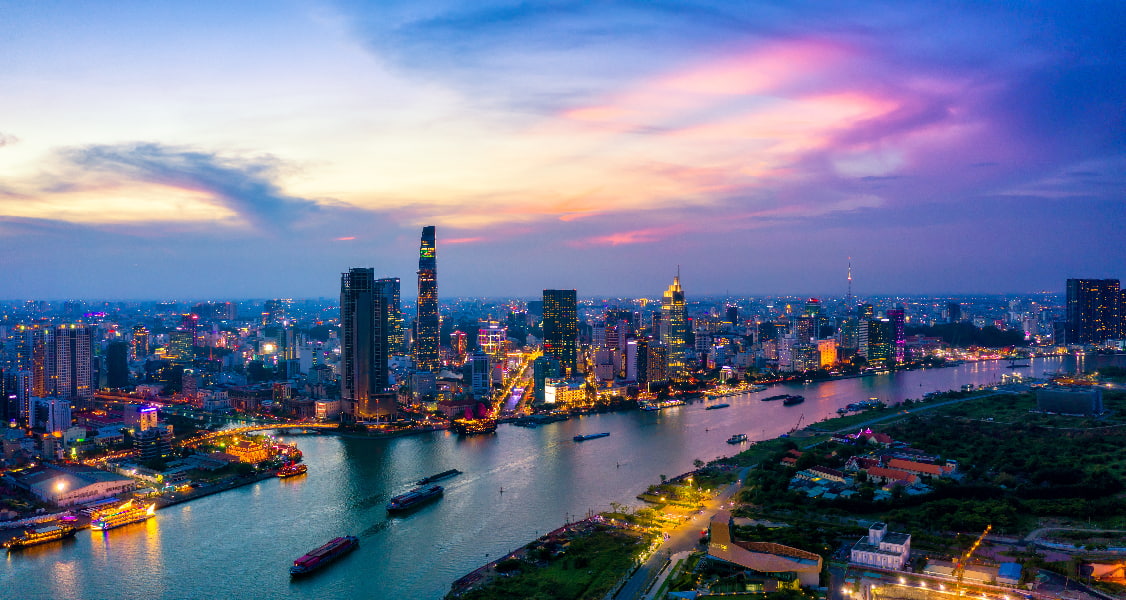Can you imagine an elder at home, supported by AI, accessing health services in real time?
Your medicine package will be delivered by drone to your home within an hour?
Let's imagine what healthcare might look like in 2050: smarter, fairer, more connected and sustainable than ever before.
It's not fiction anymore. This is where the future begins.
Welcome to Vietnam 2050: The vision ahead.
Is AI is your next doctor?
Vietnam’s healthcare system is under pressure, from a shortage of doctors and facilities to the growing needs of an ageing population.
While urban centres benefit from growing digital infrastructure and specialist hospitals, many low-resource communities still face a shortage of skilled professionals and basic services.
This divide is real but not irreversible.
Artificial intelligence is emerging as a powerful equaliser.
It should be seen not only as a tool, but as part of the healthcare workforce of the future.
It can support diagnosis, streamline patient care, reduce the burden on medical staff, and extend access to remote areas.
A shift is happening.
Vietnam's healthcare system is on the cusp of transformation.
AI tools are already helping detect diseases like tuberculosis and cancer, while telemedicine is expanding connections between local clinics and specialist hospitals.
With growing investment, global partnerships, and a new generation of AI ready health workers, Vietnam is turning early steps into lasting change.
A new generation of healthcare professionals is learning to work alongside AI, reshaping care as we know it.
By 2050, AI will become a strategic partner in medicine.
Quantum computing will personalise treatment and speed up drug discovery.
Hyperspectral imaging will enable proactive, non-invasive diagnostics.
AI will monitor health, predict risks, and guide prevention.
Robotics will automate procedures and tasks freeing up doctors to do what only humans can: connect, care, and make sense of complexity.
We may not be far from a future where virtual hospitals powered by AI deliver quality care across distances.
But technology alone isn’t enough. We must also invest in trust, training, and equitable access.
To ensure AI benefits all, Vietnam must act now.
Modernising regulation, updating insurance to include AI-assisted services, and building an inclusive digital infrastructure.
We need a whole-of-society effort - one that brings together government, industry and universities - to ensure AI in healthcare doesn’t become a privilege for the few.
Education is central.
Vietnam must modernise training for both health and tech professionals, offering interdisciplinary programs in AI, health informatics, and digital mental health.
Upskilling through short courses and applied research will build long-term capability.
What excites me most is its potential to make health care more accessible, preventive, personalised and inclusive.
The next generation of healthcare leaders, who can bridge AI and medicine, with both empathy and technical fluency, will shape the healthcare systems of the future.
Technology is advancing fast, and by 2050, your doctor could be AI. But the future of healthcare still depends on us: on what we build, who we empower, and how we lead forward.
Vietnam 2050: The vision ahead.
Special thanks to University Medical Center HCMC for providing archival footage for this video.


